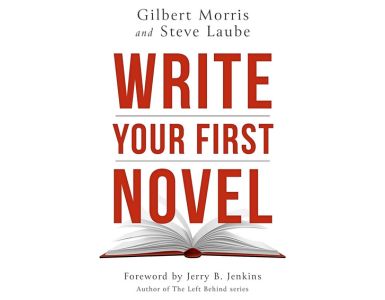Abba, Father,
thank you for the work you have given me to do,
for what I am about to write.
I begin in fear and trembling,
not at all sure that I can start well, let alone finish well.
But your grace is sufficient for me,
in writing as in all of life,
for your strength is made perfect in my weakness.
Take my weakness, all of it.
I give it to you.
Take my strength, what little I have.
Take my mind, my voice, my fingers, my keyboard,
my thought processes and nerve impulses
and combine them all to produce something of value
for those who will someday read what I am about to write.
Let your sanctified creativity flow through me,
body and soul,
and let me remember at day’s end
to give you thanks for every mercy and grace I experience
in the writing process,
in Jesus’ name, amen.






